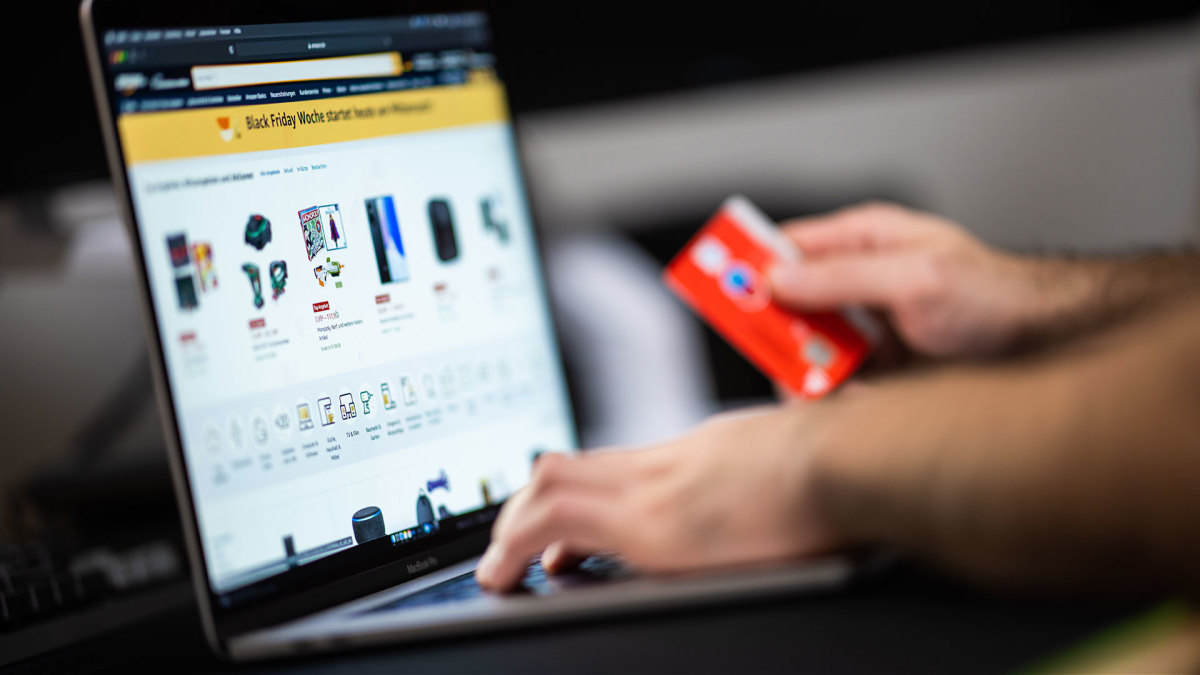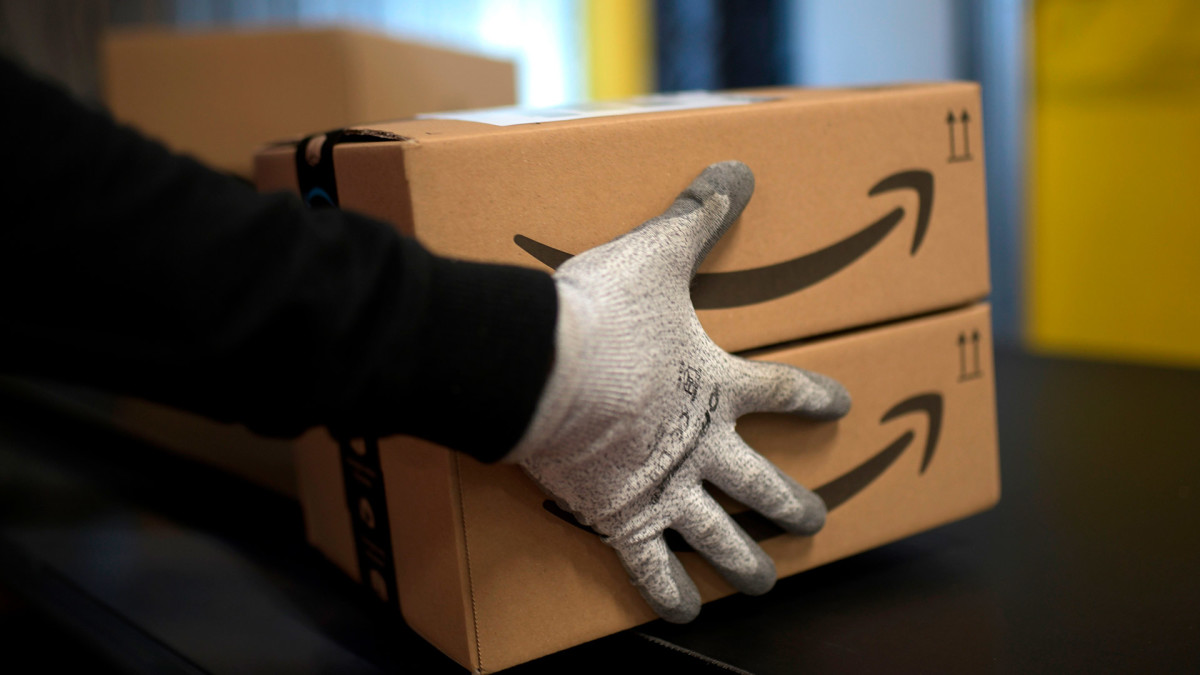
Amazon has largely failed with its owned-and-operated brands. Aside from Amazon Essentials, which has been a big success, the online retail leader's efforts to create everything from clothing to furniture brands has mostly been a disaster.
That's at least partly because people rarely buy clothing they can't try on or at least touch. There's no real way to know how a pair of pants or a shirt will fit you, making every purchase a risk. If something doesn't fit, or you don't like it, you end up going through the hassle of a return which defeats the purpose of shopping online in the first place.
Related: Two bankrupt big-name retailers make brick-and-mortar comebacks
Amazon (AMZN) -) also made the odd choice to offer multiple lines of underwear as well as women's bathing suits. Those are notoriously difficult items when it comes to getting your size right, which added to customer hesitation about buying them online.
The same logic applies to furniture and beds. People don't want to buy an expensive item that's hard to return that they can't test out first.
The retailer disputes the notion that its owned-and-operated brands have not been successful. It also believe that it has created an online system that works for clothing purchases.
"Amazon has created an informative shopping experience to ensure customers find fashion items they will love, which can limit the number of options they purchase and reduce returns," the company shared in an email to TheStreet.
Target has had a very different experience with owned-and-operated brands. It has had great success with a number of company-created brands because the company has used high-end packaging on products that offer strong value. Customers can see them on store shelves and know exactly what they're getting.
In some cases, Target has also partnered with major celebrities. Chip and Joanna Gaines, for example, sell products under their Magnolia brand in Target (TGT) -) stores. The company also recently brought in a jewelry line from Kendra Scott and has a deal to sell a selection of beauty products from Rihanna's Fenty which it sells at its in-store Ulta Beauty locations.

Image source: Getty Images.
Amazon adds its own celebrity partnership
Working with a celebrity creates certain expectations from customers. In many ways, the celebrity lends their credibility to the retailer. In some cases, like Walmart's frozen food lines from big name celebrity chefs including Gordon Ramsay and Guy Fieri, it's a bit of a sellout, while in others, it's a move to make top-tier brands more accessible.
Amazon has generally not tied its private-label or owned-and-operated brands to celebrity partners, but it's putting a toe in those waters. The retailer has partnered with singer Mariah Carey to sell Christmas merchandise branded to the iconic artist.
"Mariah Carey is kicking off a national tour for the holidays, and Amazon Music is coming along as the exclusive merch provider. The Mariah Carey and Amazon Music merch collection celebrates the 'Queen of Christmas' and her Merry Christmas One and For All! Tour, featuring special designs across t-shirts, hoodies, hats, totes, and even a rhinestone-studded Mariah Carey jean jacket," Amazon shared.
Aside from Santa Claus, Carey might be the most famous name associated with Christmas as the "All I Want for Christmas Is You" single rises to the top of the charts each year.
Some of the items in the collection will only be available at tour stops but most will be sold on Amazon.com.
Amazon does not consider the Carey collection a private brand.
"As noted in the blog post, the Mariah Carey merch collection is available through Merch on Demand, Amazon’s print on-demand service. Merch on Demand is not an Amazon private brand, it’s a service that enables brands, independent artists, and small businesses to upload custom artwork to be printed on apparel and electronics and delivered to customers around the world within days," the company shared in an email to TheStreet.
Amazon has big plans for another brand
While Amazon Prime video was created to help retain Prime members, CEO Andy Jassy believes it can be a successful business on its own. That's a big leap for a project that has largely been a cash burn for the company.
"We also have increasing conviction that Prime Video can be a large and profitable business in its own right as we continue to invest in compelling exclusive content for prime members, but also offer the best selection of premium streaming video content anywhere with our marketplace offering, including channels for customers who can subscribe to channels like Max, Paramount+, BET Plus and MGM+, as well as our broad transaction video-on-demand selection," CEO Andy Jassy explained during the company's third-quarter earnings call.
Turning Prime profitable will require one other change.
"As we continue to invest in compelling content, beginning in early 2024, Prime Video shows and movies will include limited advertisements. We aim to have meaningfully fewer ads than linear TV and other streaming TV providers. If customers prefer an ad-free option, we plan to offer that for an additional $2.99 per month for U.S.," he added.







